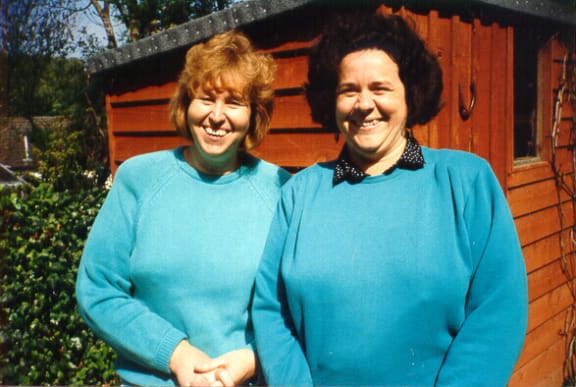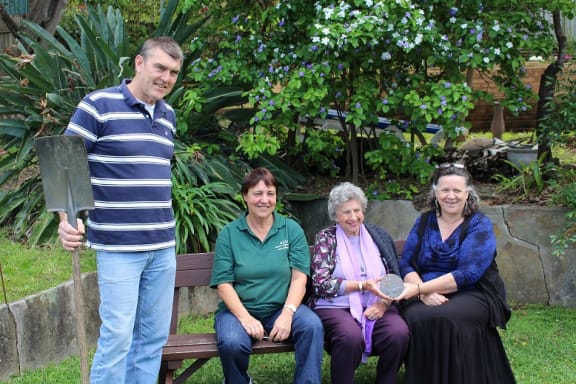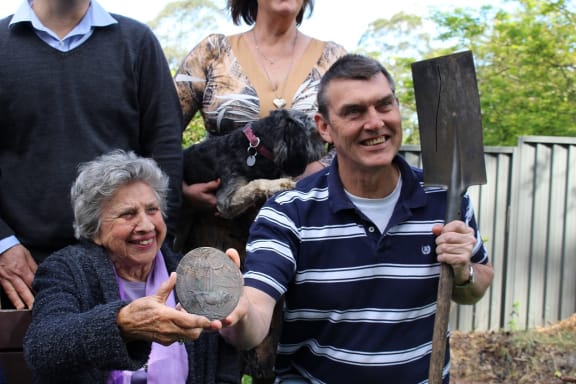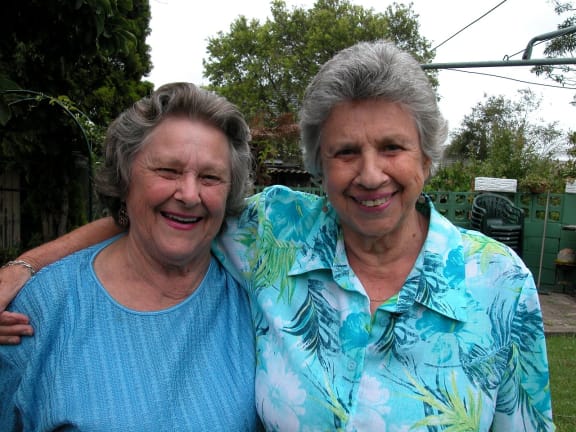Genealogy is now the second most popular hobby in the United States (after gardening) according to Time magazine.
Genealogist Michelle Patient is an expert in using DNA testing to help people find their roots.
There's something sexy about genealogy, Patient says.
"For the first time, you spit in a tube or swipe your cheek and suddenly you have all this information not just about you, but your ancestors."
Currently, five commercial organisations doing family history testing, the biggest being ancestry.com, for New Zealanders ancestry.com.au.
The DNA test connect people to the places their ancestors are from and also matches them with others they share ancestry with.
Once you have your results, you can compare them with that of everyone else who has tested on the planet, Patient says.
Last year Patient helped a woman who was looking for her birth father - a soldier, possibly American, who her mother had had a war-time liason with.
In the online ancestry database they found a match for the woman's DNA with a woman who turned out to be her first cousin once removed.
"It turns out that [the woman they found's] great-uncle was the dad. It took us 3.5 hours of messaging to work that out… [The New Zealand woman] has finally seen a photo of her father. She finally at 70-something knows where she comes from."
Collect the stories while you can, Patient says.
"Particularly if you've got some old dears close to popping their clogs, it's really worth going and recording them. And go back a week or so later because mostly they'll say 'I don't know anything important, dear' and actually they really do."
Many Pakeha New Zealanders are somehow disconnected from our roots, which partly explains our addiction to 'shipping disease', Patient's name for the phenomenon of wanting to know which ship your ancestors came to New Zealand on.
'Shipping disease' doesn't afflict English people because the Vikings didn't leave passenger lists, she says.
"We all came out somehow, mostly by ship, whether it was in the 1840s or later. We want to know what was that journey like and who else was on the boat…"
In most cases, the personal stories you can uncover are just as important as the records, Patient says.
"We need to keep the stories alive 'cause they get often lost and we learn so much about ourselves from them."
The New Zealand Society of Genealogists has branches and activities all around the country, especially this month as August is Family History Month.
Related links:
- New Zealand Society of Genealogists
- Free guides to genealogy
- Michelle Patient's family research checklist
- A great book to read on this subject









